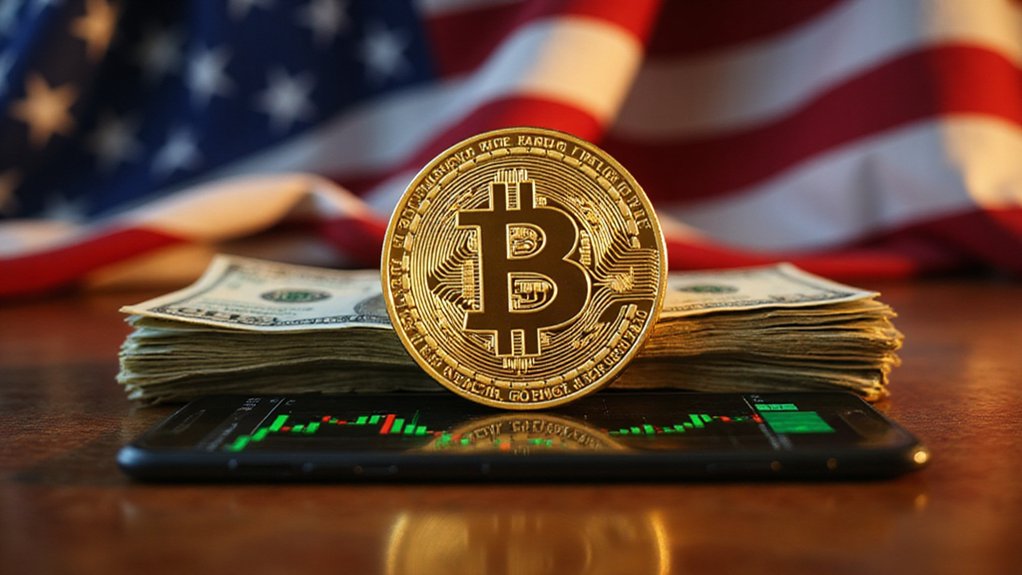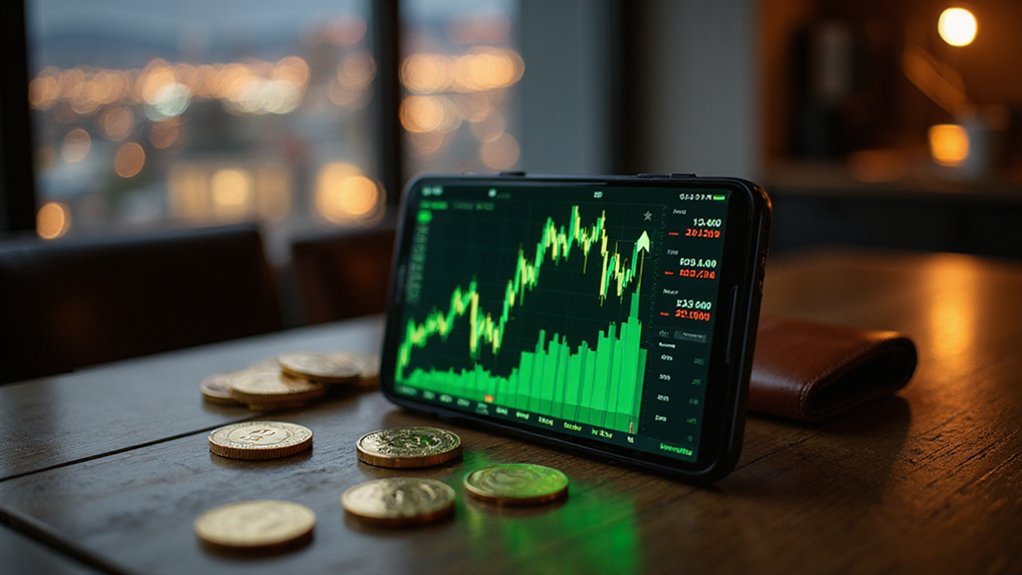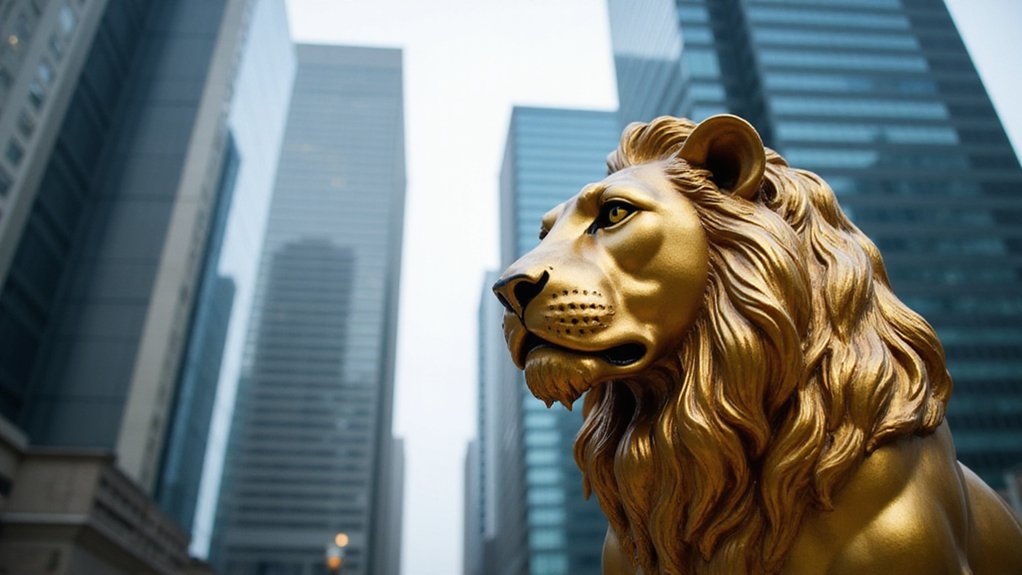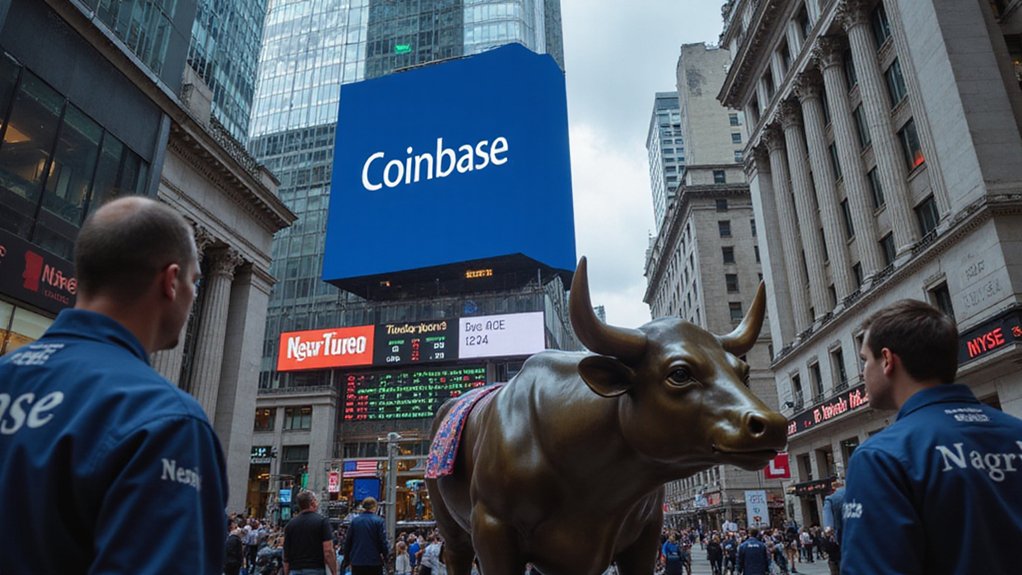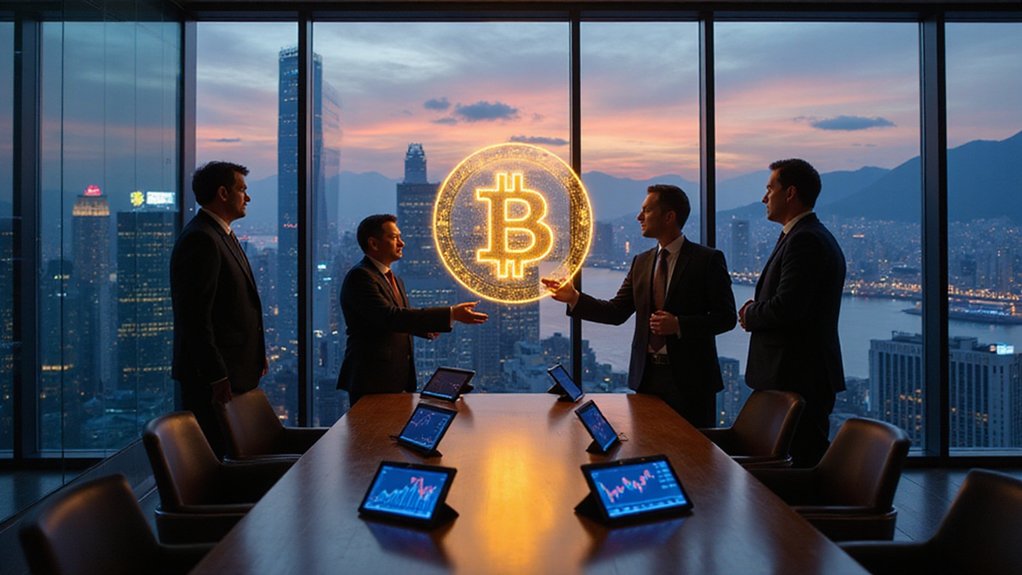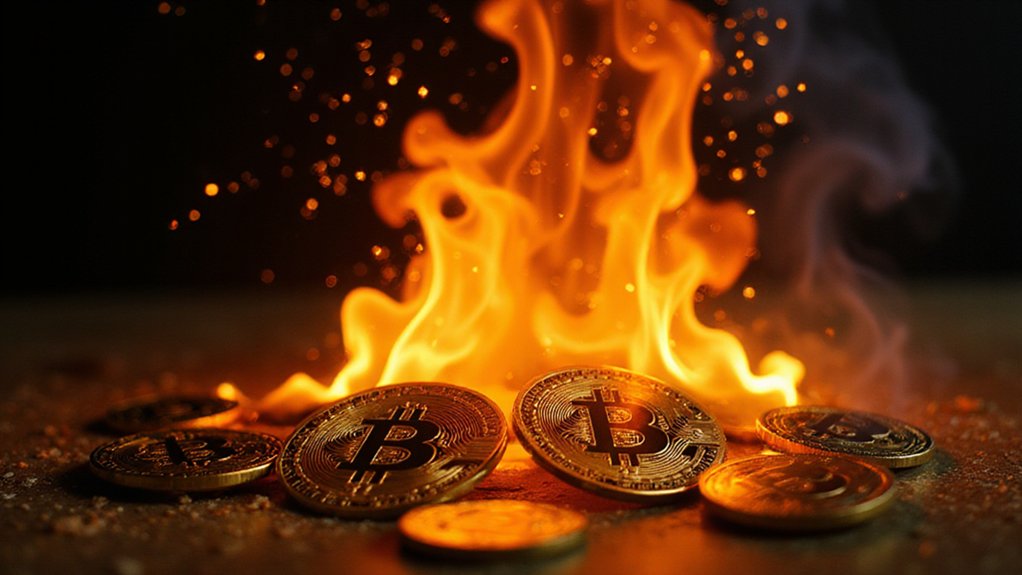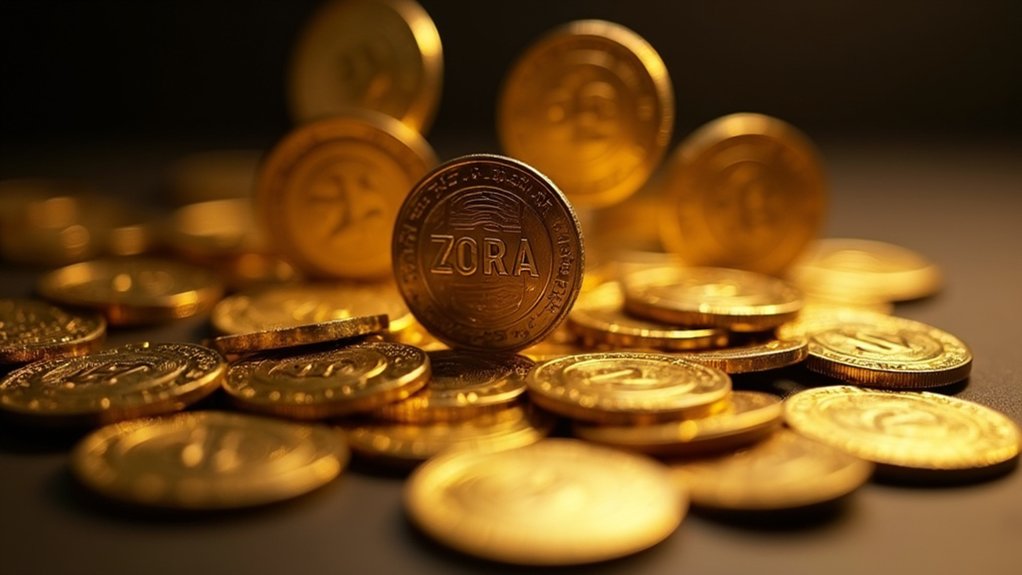Donald Trump’s foray into cryptocurrency has materialized into a financial juggernaut that would make even the most seasoned DeFi evangelists pause to recalculate their assumptions about political branding in digital asset markets.
World Liberty Financial, the venture launched in September 2024 with Trump’s sons as co-founders, has transformed from political curiosity into a legitimate financial powerhouse—assuming one considers $57 million in personal earnings from token sales merely the appetizer.
The Trump family’s grip on WLF’s economics borders on dynastic, controlling 75% of net revenues from token sales and 60% from core operations. Their WLFI governance token managed to extract $550 million from accredited investors, while the USD1 stablecoin—launched in March 2025—achieved a $2.2 billion market capitalization with the sort of velocity that makes traditional finance executives question their career choices.
Perhaps more intriguing is the American Bitcoin mining venture, which recently secured $220 million for bitcoin purchases and mining equipment. When bitcoin trades at $104,000 per coin, as it did during their $10 million share purchase, the mathematics of accumulation become particularly compelling for those positioning America as a cryptocurrency hegemon. The mining operation requires specialized ASIC miners that contribute computing power to the Bitcoin network while generating proportional rewards.
The venture’s partnership with Hut 8 and American Data Centers (backed by Trump’s sons) creates a vertically integrated ecosystem that would impress even the most cynical blockchain architects.
The regulatory environment presents fascinating contradictions. While Biden’s administration pursued crypto crackdowns, Trump’s aggressive expansion into DeFi services—borrowing, lending, and now stablecoin issuance—signals a dramatically different approach.
Industry insiders worry his policy positions might disrupt legislative efforts, though such concerns seem premature given the current market reception. Democrats have responded by temporarily sidetracking stablecoins legislation, viewing Trump’s crypto involvement as politically problematic despite the venture’s market success.
Notable investors like Justin Sun have validated WLF’s legitimacy, while the forthcoming USD1 audit addresses transparency concerns that plague many DeFi projects.
The planned mobile app aims to democratize crypto access beyond accredited investors, potentially expanding their addressable market exponentially. Trump’s dramatic pivot from describing Bitcoin as a “scam” to embracing blockchain technology illustrates the volatile intersection of politics and cryptocurrency markets.
Progressive critics highlight the Trump family’s growing crypto influence, but market dynamics suggest their concerns may be academic.
With Trump Media & Technology Group planning $2.5 billion for bitcoin acquisition initiatives, the venture’s trajectory appears designed for sustained expansion rather than speculative flash.
